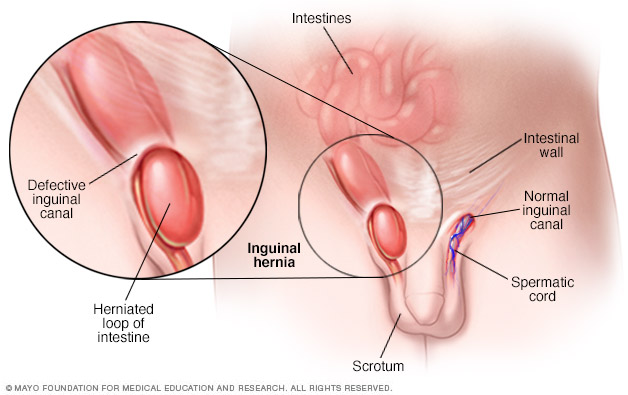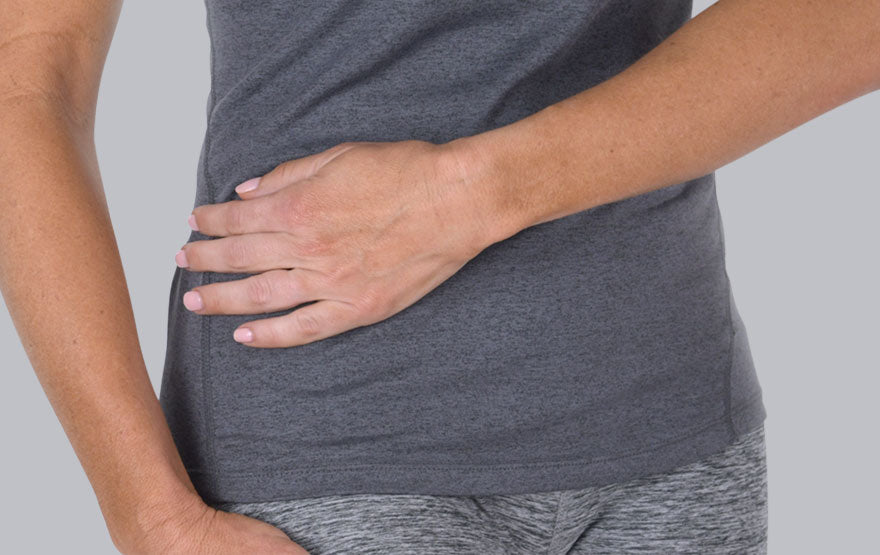

This is usually day surgery under local or general anaesthesia. Your doctor may wait to see if your hernia gets worse or they may recommend a small operation to fix the muscle wall. If they are not sure what is causing the swelling, they may send you for an ultrasound. digestive upsets, such as constipation.pain or aching after exertion, such as lifting or carrying heavy objects.a heavy or uncomfortable feeling in your gut, particularly when bending over.
 a lump or bulge in your abdomen (tummy) or groin. You may have no symptoms, or you may feel the following: Some people have weaker abdominal walls which makes them more prone to hernias. constipation, leading to straining on the toilet. lifting, carrying or pushing heavy loads. What causes a hernia?Ībdominal hernias are caused by straining that puts pressure on that area abdominal (tummy area). Hernias can affect anyone and many babies are born with hernias. hiatus hernias occur when part of your stomach pushes up into the chest. umbilical hernias occur near your naval (belly button) and are more common in newborns or people who are obese. incisional hernias occur where you have a scar from surgery. femoral hernias occur where your leg joins your body and are more common in women. inguinal hernias occur near your groin and are more common in men. There are several common types of hernia: This resulting bulge is known as a hernia. If there is an area of weakness in the wall, pressure from inside the wall can cause part of the abdominal contents (ie, the intestines) to be pushed through the opening. The most common place for a hernia is the abdominal wall – a large sheet of muscle and tendon that helps hold all the abdominal content in place. The word hernia means 'something coming through'. If your hernia is firm or tender and can’t be pushed back in, or you have sudden severe pain, vomiting or difficulty passing stools (constipation) or wind, seek immediate medical help. Hernias can become strangulated, which is where the tissue poking out gets trapped by the muscle.
a lump or bulge in your abdomen (tummy) or groin. You may have no symptoms, or you may feel the following: Some people have weaker abdominal walls which makes them more prone to hernias. constipation, leading to straining on the toilet. lifting, carrying or pushing heavy loads. What causes a hernia?Ībdominal hernias are caused by straining that puts pressure on that area abdominal (tummy area). Hernias can affect anyone and many babies are born with hernias. hiatus hernias occur when part of your stomach pushes up into the chest. umbilical hernias occur near your naval (belly button) and are more common in newborns or people who are obese. incisional hernias occur where you have a scar from surgery. femoral hernias occur where your leg joins your body and are more common in women. inguinal hernias occur near your groin and are more common in men. There are several common types of hernia: This resulting bulge is known as a hernia. If there is an area of weakness in the wall, pressure from inside the wall can cause part of the abdominal contents (ie, the intestines) to be pushed through the opening. The most common place for a hernia is the abdominal wall – a large sheet of muscle and tendon that helps hold all the abdominal content in place. The word hernia means 'something coming through'. If your hernia is firm or tender and can’t be pushed back in, or you have sudden severe pain, vomiting or difficulty passing stools (constipation) or wind, seek immediate medical help. Hernias can become strangulated, which is where the tissue poking out gets trapped by the muscle. 
Usually, you can push the hernia back in and it disappears when you lie down, but you need to get treatment so it doesn’t get larger or become painful.

An abdominal hernia (mate whaturama) is when an internal part of the body, such as the intestines, pushes through a weak part of your abdominal (tummy) wall muscle and creates a bulge or lump.








 0 kommentar(er)
0 kommentar(er)
